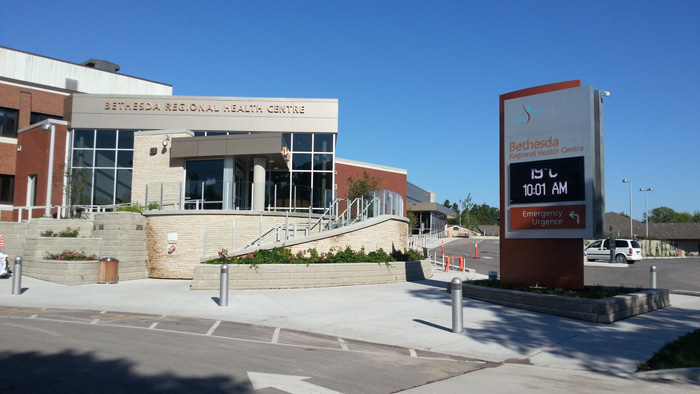The Manitoba government is investing more than $5.2 million in two programs that will help address the overall staffing shortages in the province’s health-care sector as well as increase the representation of Indigenous people in this field.
“These two programs, the Skills Development Program and the Indigenous Adult Health Internship Program, will help provide the training and resources needed to address immediate and emerging workforce needs in a sector stretched thin from the pandemic,” said Economic Development, Investment and Trade Minister Cliff Cullen. “This is key to addressing the significant labour market needs of the health-care sector.”
The Skills Development Program provides career counselling and financial supports to eligible Manitobans seeking post-secondary training in programs up to two years in length. Funding is available for students pursuing training in health-care fields including:
- health-care aide;
- health unit clerk;
- medical office assistant;
- pharmacy technician; and
- practical nursing.
“The Manitoba government recognizes the critical need to increase workforce recruitment and retention in the health-care sector as part of the province’s COVID economic recovery,” said Health Minister Audrey Gordon. “These investments will ensure that Manitoba’s health-care system is amply staffed with a skilled, engaged workforce that is reflective of the province’s population.”
The Indigenous Adult Health Internship Program is a collaborative initiative between Indigenous communities and Southern Health-Santé Sud, a health authority in southern Manitoba, which serves a population of over 216,000 residents, noted Gordon.
“The Indigenous Adult Health Internship Program has been running since 2015 and has seen over 100 students successfully enrolled in the program. A quarter of these students were able to secure employment opportunities with Southern Health-Santé Sud,” said Jane Curtis, CEO, Southern Health-Santé Sud. “This program has resulted in many success stories. This year will see the seventh intake of the program, which runs annually for 12 to 14 weeks from September to December. I am thrilled to see heightened support for students to participate in this program as it has resulted in many success stories and contributes toward efforts to strengthen the health-care workforce.”
Through pre-employment training programs, job-shadowing opportunities and a paid work practicum, this holistic project offers Indigenous community members the opportunity to explore high demand health-care occupations and areas including:
- administration;
- cook;
- dietary aide;
- health-care aide;
- health records;
- housekeeping;
- maintenance;
- materials management; and
- recreation or activities assistant.
For more information on a wide range of labour market services to individuals, communities, and businesses throughout Manitoba, visit gov.mb.ca.


